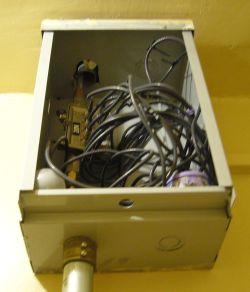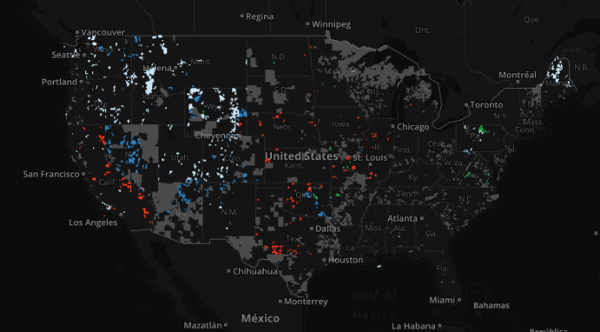Audio Video News
Sort By: Post DateTitle Publish Date
|
Sep 17, 2000
|
Dec 20, 2003 |
First Published: Dec 21, 2003








